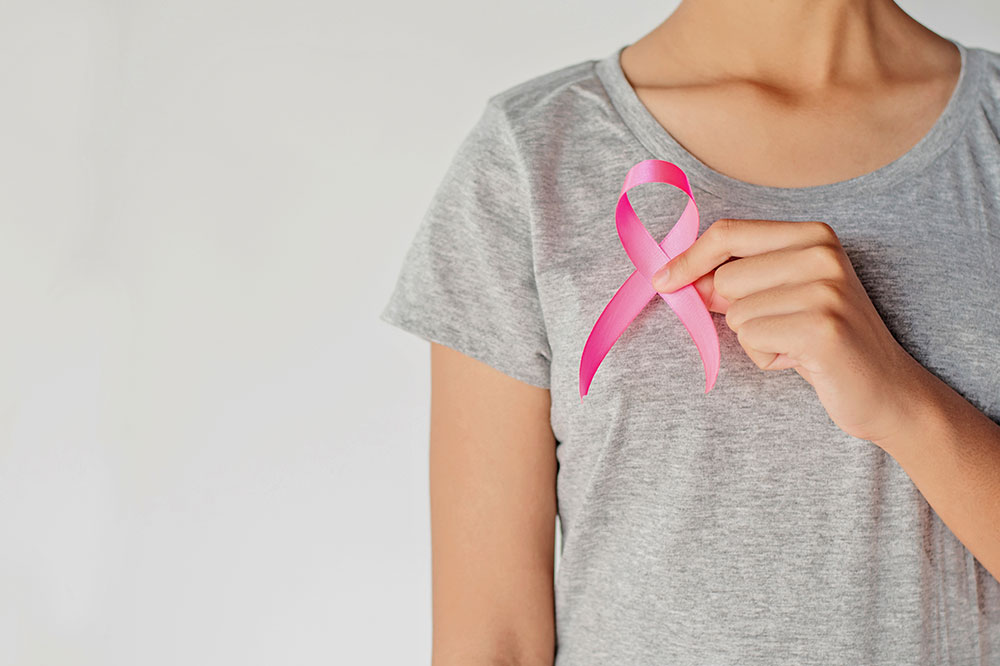
Understanding the Link Between Breast Cancer and Genetics
About 5 to 10 percent of breast cancer cases are hereditary, caused due to abnormal genes. Eight susceptible genes have been identified by medical research, out of which BRCA1 and BRCA2 are the most important and account for 80 percent of hereditary breast cancer cases. In this article, we explain the link between genetics and breast cancer.
1. Risk associated with BRCA1 and BRCA2 genes
There are two copies of BRCA1 and BRCA2 genes found in every individual, and each copy is derived from one parent. They help repair broken DNA and cell damage, and promote healthy cell formation in the breasts and ovaries. But sometimes, these genes become harmful variants when passed on from generation to generation. Those who inherit these variants become increasingly susceptible to cancer. Women who have these genes are 72 percent more likely to develop breast cancer. In this country, about one in eight women is at risk of developing this condition. Other conditions that increase the risk include a family history of cancer, being over above 55 years, and being of the Ashkenazi Jewish descent. Women with BRCA1 and BRCA2 mutations are also at a higher risk of developing other types of cancer, such as ovarian cancer, colon cancer, pancreatic cancer, and melanoma.
2. Risk associated with other genes
Other inherited gene mutations have been associated with breast cancer. However, extensive study has not been conducted on these. PALB2 is a high-risk gene mutation, whose function is to create a protein with BRCA2. According to research, women with this gene are 14 percent more susceptible to breast cancer, especially those who are between 50-70 years of age. The TP53 gene leads to Li-Fraumeni syndrome, which increases the risk of not only breast cancer, but also leukemia, brain tumors, and sarcomas. The abnormal variant of PTEN leads to Cowden syndrome, a rare condition that increases the growth of tumors in breasts, digestive tract, thyroid, uterus, and ovaries. The CDH1 mutation causes hereditary diffuse gastric cancer, an uncommon type of stomach cancer. Women with this inherited gene are likely to develop lobular breast cancer.
There are some moderate-risk gene mutations like CHEK2 which double the risk of breast, colon, and prostate cancer. The NBN gene is also a moderate-risk type, whose function is to control the production of the nibrin protein. Its mutation leads to Nijmegen breakage syndrome. This condition is marked by short statures and serious health complications like breast cancer. Other gene mutations associated with breast cancer are BARD1, BRIP1, MLH1, MSH2, MSH6, PMS2, RAD51C, and RAD51D.


